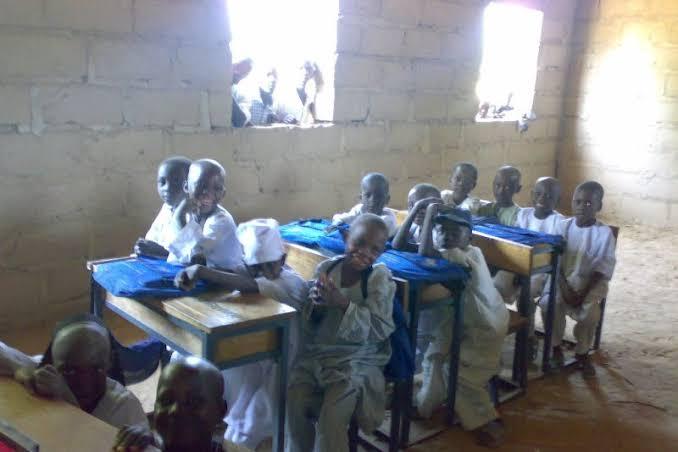Jigawa State Commissioner for Higher Education, Isa Yusuf, has opened up on the steps taken by the state government to expand access to higher education. The commissioner disclosed this in an interview with Juwe Oluwafemi, Salman Animashaun and Salisu Kabuga in Dutse, Jigawa state.
According to him, a “NEEDS” Assessment was carried out to identify gaps in access to higher education for indigenes. He stated that the analysis revealed areas of deficiency, which allow for planning targeted interventions.
The commissioner revealed that the administration’s first action was to increase students’ bursaries by 200 percent. This measure, aimed at easing the people’s financial burden, ensures that students can not only pay their tuition but also have enough funds for upkeep.
Furthermore, Yusuf disclosed that all tertiary institutions in the state were empowered and restructured to improve teacher-student ratios. Furthermore, Yusuf disclosed that all tertiary institutions in the state were empowered and restructured to improve teacher-student ratios. As a result, these steps boosted admission quotas and overall enrollment in the state institutions.
Read also: Jigawa auto crash puts 18 in critical condition
₦12 Billion Investment in Education Across Jigawa
As part of its renewed commitment to education, the Jigawa State Government has invested ₦12 billion in various initiatives.
When asked about scholarships in the state, the commissioner revealed that both local and foreign scholarship schemes have been improved. He said 184 students affected by the crisis in Sudan have been relocated to universities in Cyprus, covering their living expenses.
The Commissioner added that a total of 12 billion has been invested to support students locally and internationally. Talking about the care initiative launched by the administration, he maintained that the programme targets educationally disadvantaged local governments.
He expressed that young people who have dropped out or never enrolled were secured admissions and sponsorship for their studies.
In rural areas, Yusuf indicated that uniforms and transportation, such as tricycles, were also provided to transport the students to school daily. Consequently, this development has reduced dropout rates at the basic level and increased higher education enrollment.







